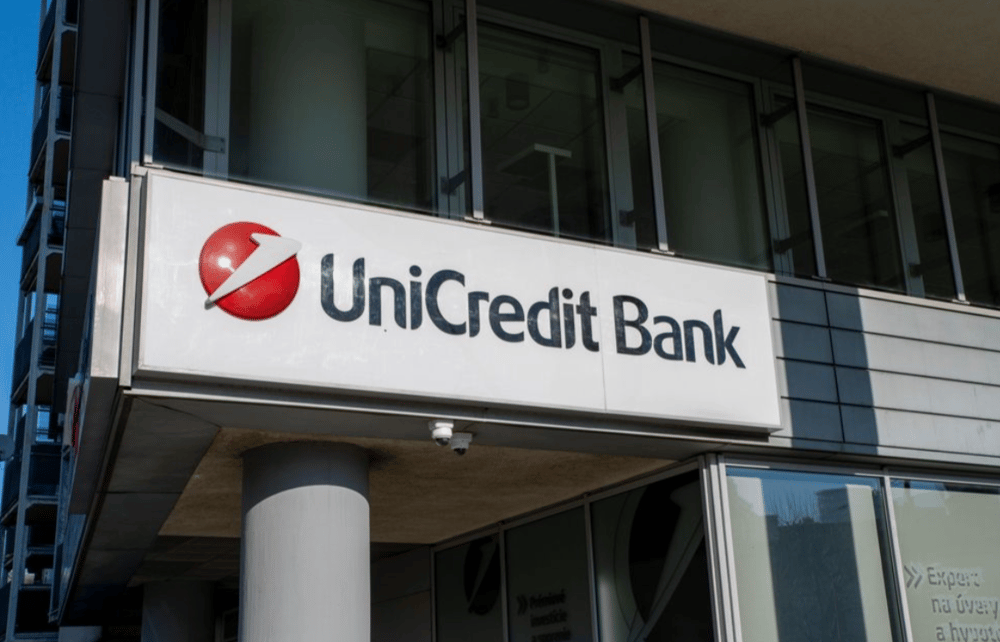UniCredit Challenges Italy’s “Golden Powers” in Banco BPM Bid Dispute
In a move that could reshape the Italian banking landscape, UniCredit S.p.A. $UCG.MI has reportedly filed an appeal with the Administrative Court of Rome. The appeal targets the application of Italy’s so-called “golden powers” in relation to UniCredit’s potential acquisition of Banco BPM $BNCZF —a mid-tier financial institution seen as a strategic consolidation target.
Although not officially confirmed by UniCredit, the report—first disclosed by la Repubblica—suggests growing tension between private banking interests and state interventionism in Italy’s financial sector. This development could mark a significant turning point in how foreign and domestic banks engage in M&A activity under the shadow of national security frameworks.
The “Golden Powers” Conundrum
Italy’s golden powers legislation grants the government authority to intervene in transactions involving companies deemed of national strategic interest. Originally designed to protect critical infrastructure sectors—such as defense, telecommunications, and energy—the scope has expanded in recent years to include parts of the financial sector, particularly in the context of foreign investment and systemic banking consolidation.
In UniCredit’s case, the application of golden powers has been perceived as a governmental overreach. It potentially creates legal and bureaucratic headwinds for what would otherwise be a market-driven acquisition. While specifics of the conditions set by the Italian government remain undisclosed, insiders suggest they may involve restrictions on governance, veto rights on strategic decisions, or forced retention of certain assets or jobs.

Strategic Implications of the Appeal
If upheld, UniCredit’s legal challenge could establish a precedent limiting the discretionary application of golden powers in financial transactions. This may also alter the risk calculus for future mergers and acquisitions in the eurozone banking sector, particularly in Italy where political involvement in banking remains pronounced.
Key Strategic Considerations:
Regulatory Clarity – A favorable court ruling could demand clearer parameters on when and how golden powers can be invoked.
M&A Momentum – Legal limitations on government intervention may reinvigorate the stalled consolidation wave in Italian banking.
Investor Sentiment – Markets may view a successful appeal as a positive sign of reduced political interference in corporate deals.
Legal Precedents – This case could influence how other EU countries enforce similar sovereign control mechanisms.
Competitive Positioning – UniCredit, should it succeed, may gain a stronger foothold in northern Italy’s lucrative retail banking space through Banco BPM.

Tectonic Shifts in Italy’s Banking Ecosystem
The UniCredit–Banco BPM case underlines broader systemic dynamics at play within the Italian financial markets:
Resurgence of Nationalism in Banking Policy With a rising emphasis on financial sovereignty, national governments across Europe, including Italy, are tightening their grip over key sectors, using legal levers like golden powers to shape domestic banking structures.
Renewed Focus on Consolidation European banks face profitability pressures from low interest rates, digital disruption, and higher regulatory capital requirements. Consolidation is increasingly seen as a survival strategy—particularly among Italy’s fragmented mid-tier banks.
Legal Complexity in Cross-Border and Domestic M&A The legal terrain for mergers is becoming more fraught with political and procedural constraints, especially where strategic assets or systemic institutions are involved.
Embedded Dynamics and Contextual Drivers
This development arrives amid continued scrutiny of Italy’s banking sector, which remains among the most fragmented in Western Europe. Banco BPM, the country’s third-largest bank by assets, has long been viewed as a potential partner in the sector's rationalization. Yet UniCredit’s potential deal faces not only legal resistance, but also competitive tensions from other major Italian players and political factions wary of foreign influence—even from within the eurozone.















Comments
A sale of this magnitude could significantly impact the direction of automation in technology.
It's exciting to see how bold decisions are fueling progress in the global technology landscape